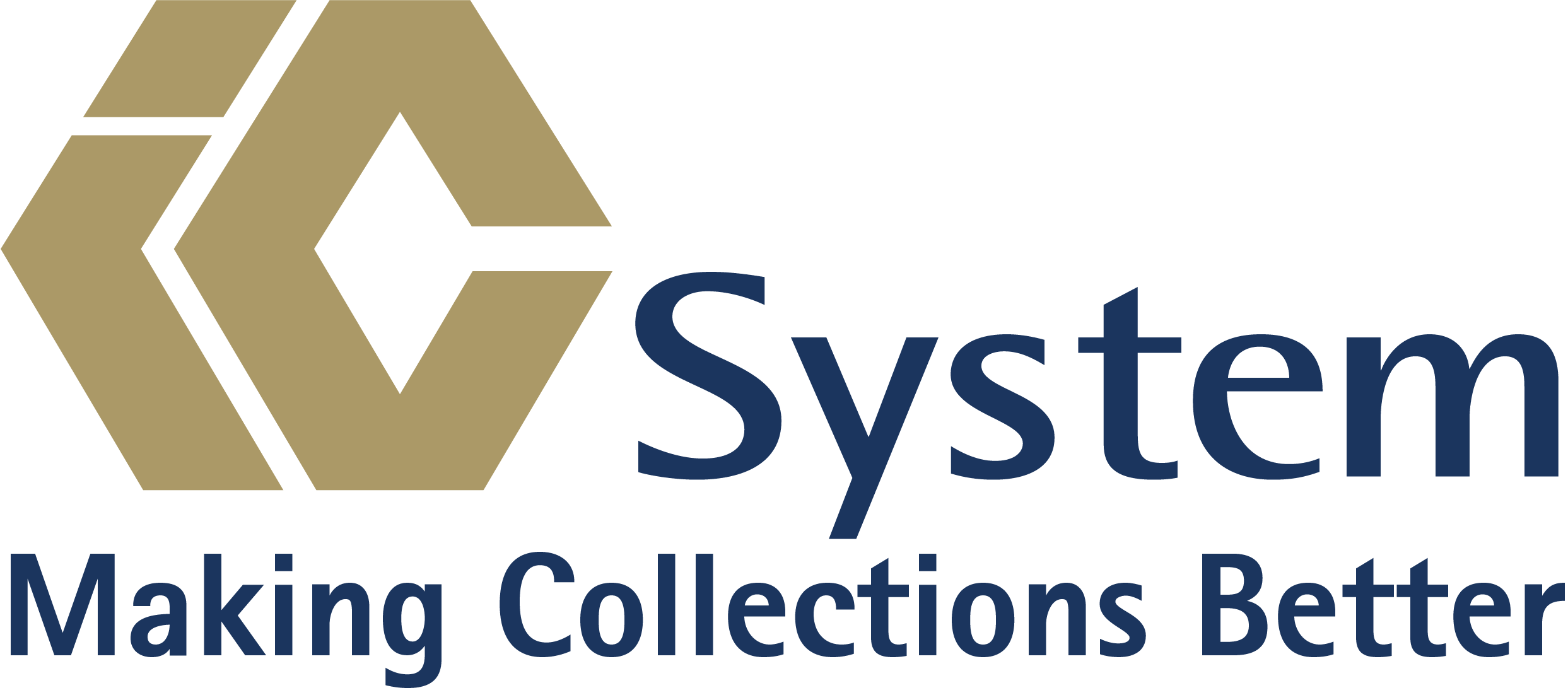Overcoming Telemedicine AR Collection Challenges

Many healthcare providers have adjusted their services to a combination of telemedicine and in-office visits to meet patient demand safely. Unfortunately, some providers remain hesitant to embrace telemedicine due to concerns about nonpayment. But many of the challenges that affect telemedicine billing are the same ones encountered during in-office visits—and they can be addressed with the right strategies.
So does this mean telemedicine isn’t a viable alternative to in-person care? Not at all.
It’s understandable why some healthcare providers question the value of virtual visits. A study among neurosurgeons revealed common concerns that still apply across specialties: “nonpayment of consultations, the nonreimbursement of expenses,” and challenges with patient data protection and communication.
Despite these misgivings, telemedicine remains essential—especially as many providers still struggle to return to pre-pandemic patient volumes. Medical Economics reported that most hoped to reach 75% of their prior visit levels by mid-2021, but COVID-19 variants have disrupted that goal. For now, telemedicine isn’t just convenient—it’s a necessity.
Addressing Payment Issues: Key Ways to Improve Billing in Telemedicine
1. Require Upfront Payment When Possible
One of the simplest ways to improve billing in telemedicine is to secure payment at the time of scheduling. Online bookings should require credit card entry to confirm appointments. When scheduling by phone, office staff should be trained to collect this information just as they would for in-person visits.
2. Don’t Delay Collections
Many providers wait too long—often 90 days or more—before sending unpaid accounts to collections. This delay reduces the likelihood of recovering payment. Working with a compassionate, patient-focused collection partner like IC System allows providers to send accounts sooner (around 60 days) without fear of damaging patient relationships.
3. Choose a Patient-Focused Collection Agency
IC System representatives act more like financial consultants than debt collectors. They educate patients on what they owe and why, and work toward solutions that satisfy everyone. We understand how sensitive telemedicine interactions can be and offer a respectful, ethical approach.
4. Measure Patient Satisfaction
To ensure patients are treated fairly, IC System surveys more than 15,000 patients every month after collection calls. Over 99% report they were treated professionally—giving providers peace of mind that even their virtual patients are in good hands.
Want to Improve Telemedicine Revenue?
Visit our healthcare page to learn more about how IC System can help you overcome billing challenges and uncover better ways to improve billing in telemedicine—without damaging the patient relationship.
Introducing InstiCollect: A Balanced Collection Solution
For businesses that need an easy, cost-effective way to manage overdue accounts, IC System’s InstiCollect service offers the perfect balance between assertiveness and empathy. With a simple one-time payment, you can submit debts and let us handle the rest, ensuring professional communication with your customers and preserving those valuable relationships. Click Here.
About the Author: Eric Johannes









